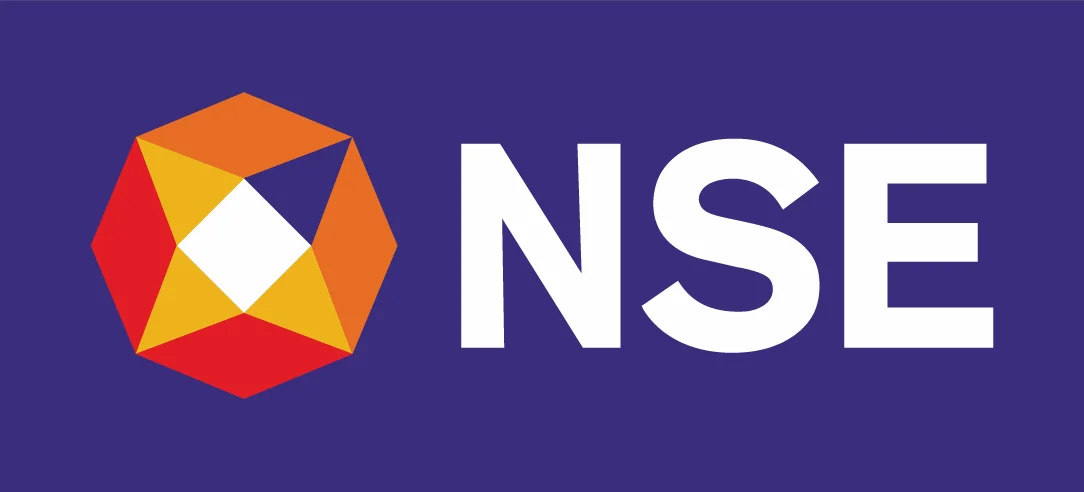When it comes to growing your money, two popular options often go head-to-head — Mutual Funds and Fixed Deposits (FDs). Both serve different purposes, but choosing the right one depends on your goals, risk appetite, and how long you plan to invest.
Let’s break it down simply so you can make the best choice for your financial future.
1. Risk & Safety
Fixed Deposit:
- Offers guaranteed returns.
- Your principal is protected, and interest is fixed.
- Insured by DICGC up to ₹5 lakh per depositor, per bank.
Mutual Funds:
- Returns are market-linked.
- Equity funds can be volatile, while debt funds offer more stability.
- Not guaranteed, but long-term investments tend to deliver better growth.
Fixed Deposits (FDs) are considered one of the safest investment options, regulated by banks and insured up to ₹5 lakh per bank.
To invest in FDs or mutual funds, you must complete KYC (Know Your Customer) as per government norms.
Learn more about KYC requirements from RBI →
2. Returns Over Time
| Investment Type | Average Returns (2025 Estimates) |
|---|---|
| Fixed Deposits | 6% – 7% annually |
| Debt Mutual Funds | 6% – 8% annually |
| Equity Mutual Funds | 10% – 14% (long-term) |
FDs offer predictable, but limited returns.
Mutual funds, especially equity-based, can significantly outperform FDs over the long term.
3. Inflation Impact
- FDs may struggle to beat inflation, especially after tax.
- Mutual funds, particularly equity funds, have historically outpaced inflation over time.
4. Taxation
Fixed Deposits:
- Entire interest is taxed as per your income slab.
- Tax Deducted at Source (TDS) applies on interest over ₹40,000 (₹50,000 for seniors).
Mutual Funds:
- Equity Funds:
- 15% tax on short-term gains (under 1 year)
- 10% tax on long-term gains above ₹1 lakh
- Equity Funds:
- Debt Funds: Taxed as per slab (post-April 2023 rules)
Pro Tip: For long-term tax efficiency, mutual funds often win — especially for higher-income earners.
5. Liquidity & Flexibility
- FDs are locked-in, and premature withdrawal may lead to penalties.
- Mutual funds offer easy exit — though equity funds may have an exit load if withdrawn early.
6. Which Is Best for You?
| Goal | Best Option |
|---|---|
| Safety & no risk | Fixed Deposit |
| Long-term wealth | Mutual Fund |
| Beating inflation | Mutual Fund |
| Short-term emergency fund | Debt Fund or FD |
| Tax-efficient investing | Mutual Fund |
Final Thoughts
There’s no one-size-fits-all.
- If you’re looking for peace of mind and fixed returns, FDs are your friend.
- If your goal is to build wealth and beat inflation, mutual funds give you the edge.
For smart investors, the real answer might be: Why not both?
Use FDs for safety, and mutual funds for growth. That’s the balance that builds financial freedom.
FAQs: Mutual Funds vs Fixed Deposits
1. Are mutual funds safe?
Mutual funds carry market risk. However, selecting the right fund based on your goals can help manage risk effectively.
2. Can I lose money in mutual funds?
Yes, especially in the short term. But over a longer period, well-chosen funds have historically delivered positive returns.
3. Is FD income taxable?
Yes, FD interest is added to your income and taxed according to your income tax slab.
4. Which is better for 5 years?
For a 5-year investment, mutual funds (debt or hybrid) can offer better tax-adjusted returns than FDs.
5. Can I break my FD anytime?
Yes, but you might get lower interest and pay a penalty for early withdrawal.
6. How do I start a mutual fund?
You can begin with as little as ₹500/month via SIP (Systematic Investment Plan) — no lump sum needed.
Don’t let your money sleep — make it grow!










